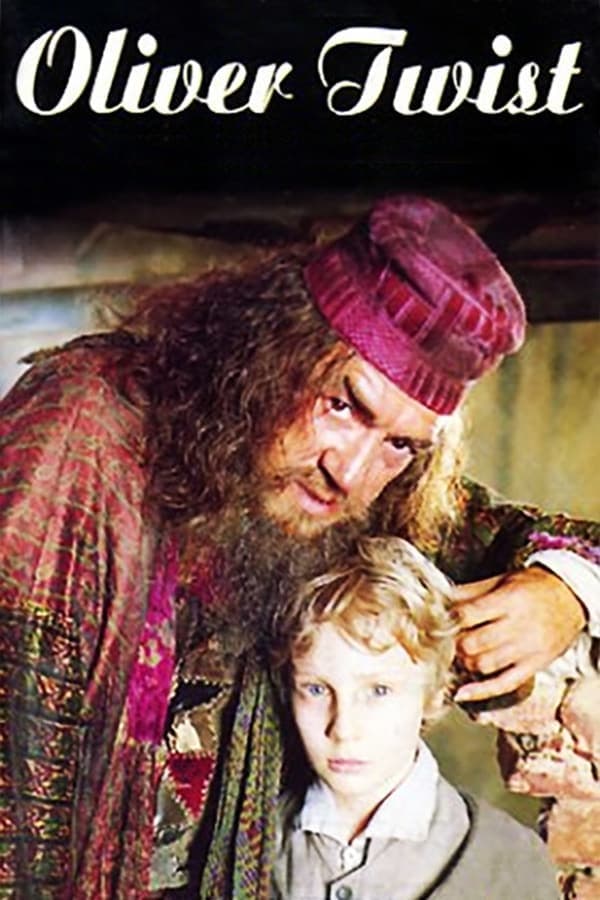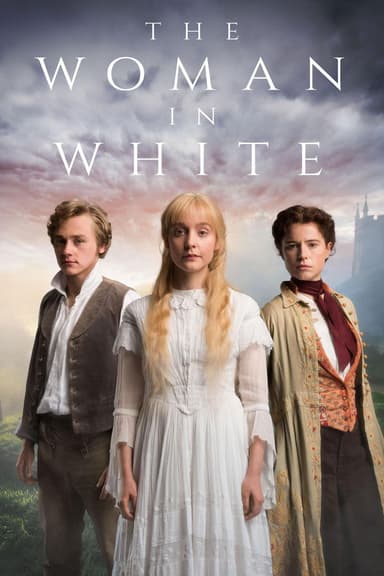
Oliver Twist
1999 • Drama
When 9-year-old orphan Oliver Twist dares to ask his cruel taskmaster, Mr. Bumble, for a second serving of gruel, he's hired out as an apprentice. Escaping that dismal fate, young Oliver falls in with the street urchin known as the Artful Dodger and his criminal mentor, Fagin. When kindly Mr. Brownlow takes Oliver in, Fagin's evil henchman Bill Sikes plots to kidnap the boy.
Why you should read the novel
Charles Dickens’ novel, Oliver Twist, offers readers a deep, immersive experience far richer than any television adaptation. The book’s vivid descriptions, intricate plotlines, and memorable characters allow you to engage directly with Dickens’ vision of nineteenth-century London. By reading the original novel, you witness the social commentary and biting satire firsthand, gaining insight into the injustices and hardships faced by the poor and orphaned during the Victorian era.
Dickens’ prose is full of wit and irony that lends nuance and emotion to every interaction. The source material provides the opportunity to slow down and truly appreciate the author’s mastery of language and character development, something that can be lost in the condensed pacing of television. You’ll also discover subplots and minor characters that don’t make it to the screen, giving you a fuller understanding of the world Dickens created.
Choosing the book over the series invites a more personal connection with Oliver’s journey, fostering empathy and reflection. The novel not only entertains but also challenges readers to consider broader issues of morality, justice, and human kindness, making it a rewarding read long after the story is finished.
Adaptation differences
The 1999 TV adaptation of Oliver Twist makes several notable changes to Dickens’ original novel, both in narrative structure and character portrayal. For instance, the series often condenses or alters plotlines to fit the episodic format, sometimes omitting or simplifying key subplots and minor characters. This means viewers miss out on the intricacies and societal critiques Dickens wove throughout his text, which were essential to his social commentary.
Characterization is another area where the adaptation diverges from the source. In the series, characters such as Nancy, Bill Sikes, and Mr. Brownlow are often given less psychological depth or complexity than in the novel. The relationships between characters are sometimes exaggerated or modified to heighten drama for television audiences, which can result in a loss of the subtlety Dickens used to explore themes like redemption and moral ambiguity.
Some scenes in the TV series are made more sensational or violent to captivate viewers, potentially overshadowing the subtler moments that give the novel its emotional power. For example, the depiction of Fagin in the series may rely more on visual stereotypes, while Dickens’ original text offers a more nuanced, if still problematic, portrayal. Additionally, certain dialogues and events are modernized or curtailed, altering the authentic Victorian atmosphere and pacing.
Finally, the ending and specific fates of some characters in the TV series can differ markedly from the book. The adaptation might wrap up storylines more quickly or add resolutions that aren’t present in Dickens’ work, often sacrificing the ambiguity and moral complexity he intended. These creative liberties are taken in the interest of narrative closure and entertainment, underscoring the distinct experiences of reading the novel versus watching its screen adaptation.
Oliver Twist inspired from
Oliver Twist
by Charles Dickens














